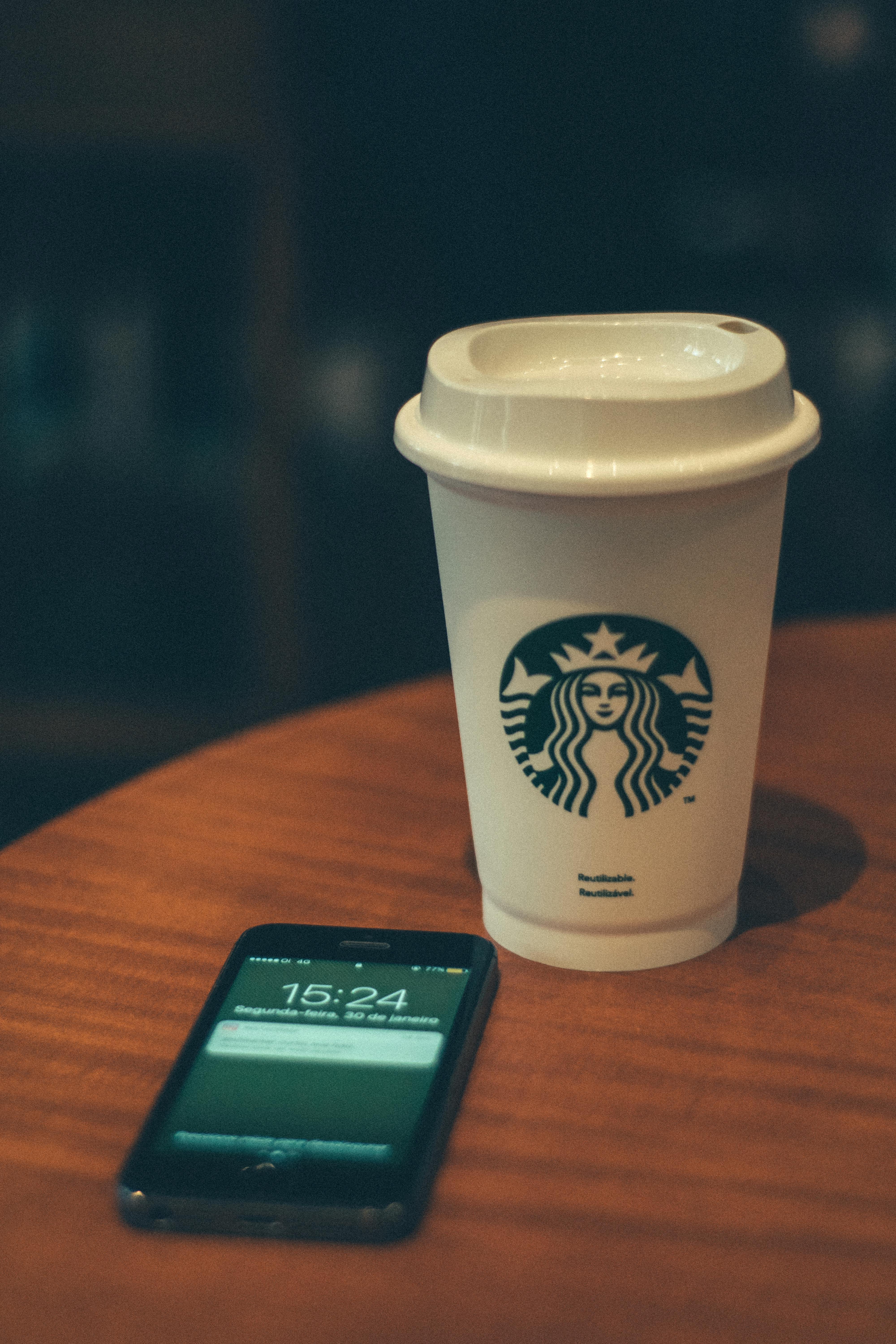Proven Ways to Distinguish Between Diet and Zero Sugar Sodas

Proven Ways to Distinguish Between Diet and Zero Sugar Sodas
As consumers become more health-conscious, the popularity of diet sodas and zero sugar beverages has surged. However, many people still find themselves confused by the terms "diet" and "zero sugar". Understanding the differences between diet and zero sugar sodas is essential for making informed choices, particularly for those monitoring their sugar intake. In this article, we will delve into the definitions and meanings behind these terms, explore the benefits and downsides of each option, and provide tips to help guide your soda choices.
Understanding the Difference Between Diet and Zero Sugar
The primary difference between diet and zero sugar sodas lies in their formulation. Diet sodas often contain artificial sweeteners, which provide sweetness without the calories associated with sugar. Common sweeteners include aspartame and sucralose. On the other hand, zero sugar sodas generally use a combination of these artificial sweeteners and may even include natural sweeteners, catering to consumers who want both a sugar-free option and a drink that mimics the taste of traditional sodas.
Both types of drinks are aimed at reducing calorie intake, benefiting those pursuing specific diet plans or weight loss strategies. However, the presence of artificial sweeteners in diet beverages can lead to a range of health debates. While they contribute to calorie control and can be beneficial for quick weight loss, understanding their potential impacts on the body is crucial. Just as diet sodas have been scrutinized, zero sugar beverages are not immune to myths as well.
Benefits of Diet Sodas
Diet sodas can play a role in a balanced diet for those focusing on weight management. They provide a sweet taste without the calories of regular soda. For individuals looking to cut down on sugar intake, incorporating diet sodas can satisfy cravings without significantly impacting dietary restrictions.
Moreover, diet sodas feature a lower impact on blood sugar levels, making them a viable option for those managing diabetes. The benefits of diet sodas become particularly apparent in the context of calorie control. They allow individuals to enjoy sweet flavors while sticking to their dietary goals.
Health Considerations of Zero Sugar Beverages
Zero sugar sodas tend to have broader appeal due to their focus on not only being calorie-free but also providing a taste closer to traditional sugary options. Their lack of calories can make them an attractive option for those on low-calorie diets. Many consumers perceive zero sugar products as healthier options due to the absence of sugar, which can help manage sugar intake effectively.
However, it’s essential to examine what is included in these beverages. Zero sugar options may be marketed as containing no sugar, but artificial sweeteners can also have effects on health. For example, some people may experience digestive issues or sweetness overload, leading to cravings for more sugary items. Understanding these factors helps form a complete picture of how these beverages fit into your healthy lifestyle choices.
Diet Plans Versus Zero Sugar Options
When choosing between diet sodas and zero sugar beverages, it's essential to consider your overall diet and health goals. Both options can complement healthy eating habits but knowing how to balance these beverages within your diet is key. Understanding your needs will guide you in selecting the type of beverage that aligns with your dietary objectives.
Integrating Diet Sodas Into Low-Calorie Diets
Many people struggle with soda cravings while following low-calorie diets. Diet sodas can serve as a valuable tool for those wishing to indulge without comprising their calorie intake. Incorporating diet sodas into meal planning allows individuals to treat themselves while adhering to their weight-loss goals.
However, it's important to remember moderation is key. Overconsumption of sweetened beverages can lead to poor dietary choices. One effective way to manage soda intake is by setting limits and considering water or flavored seltzer as alternatives to help maintain hydration.
Comparing Nutritional Information of Beverages
Understanding nutritional labels is a critical step in distinguishing between diet and zero sugar options. Both types typically contain no calories, carbohydrates, or sugar; however, differences often arise in the types of sweeteners used.
When evaluating these beverages, consider examining the ingredient list for specific sweeteners such as aspartame for diet sodas versus stevia in zero sugar options. By analyzing these labels, you can better determine which product aligns with your dietary needs and preferences, enhancing your knowledge of sugar-free alternatives.
Debunking Myths Surrounding Diet and Zero Sugar Beverages
Since the rise of these beverages, various myths and misconceptions have emerged, leading to confusion among consumers. One prominent misconception is that all diet sodas are bad for health due to their artificial ingredients. It's essential to differentiate between personal dietary choices and generalizations about health impacts.
Sifting Through Zero Sugar Myths
One common myth surrounding zero sugar products is that they can lead to weight gain. Studies have shown that, when consumed in moderation, these beverages can support weight loss efforts. However, individual reactions to sweeteners may vary, and personal experiences should be factored into your choices.
Another myth claims that diet sodas increase cravings for sweet foods. While some research suggests potential psychological associations with sweet flavors, it ultimately depends on the individual and their unique dietary habits. Being mindful of your consumption patterns can help minimize any adverse effects.
Successful Weight Management Through Informed Beverage Choices
Managing sugar intake through informed soda choices can align with health goals. Both diet and zero sugar sodas offer viable options for reducing overall sugar and calorie consumption, aiding in weight management. To enhance weight loss strategies, consider pairing these beverages with healthy meals rich in fiber and protein to promote satiety.
Maintaining balance in your dietary choices means recognizing the role of beverages in your diet. Engaging in mindful eating and considering how beverages like diet and zero sugar sodas fit into your overall lifestyle can contribute to improved health outcomes.

Choosing the Best Beverage for Your Lifestyle
Finding the right balance within your beverage choices requires understanding your lifestyle and dietary needs. When evaluating whether to choose diet or zero sugar products, it’s crucial to assess your personal health goals and preferences.
Personalizing Your Diet Choices
Understanding dietary adjustments for different health needs, such as gluten-free or vegan diets, can help clarify which beverages suit your preferences. Those undergoing specific health considerations should prioritize options that compliment their nutritional guidelines while providing enjoyable choices.
Moreover, consider integrating natural sweeteners into your diet when possible. By embracing a variety of sugar substitutes, you can maintain a balanced approach to your beverage consumption while reducing total sugar intake.
Developing Sustainable Diet Habits
Choosing the right beverage can significantly influence your dietary routines. It’s not merely about picking diet or zero sugar sodas but finding sustainability in your beverage choices—a key factor in long-term weight management and healthy lifestyle choices.
To create lasting change, evaluate how both option types fit into your lifestyle and make adjustments as necessary. Tracking your intake and being mindful as you enjoy these beverages can help support your journey toward healthier living.

Q&A: Common Questions About Diet and Zero Sugar Beverages
What is the difference between diet and zero sugar sodas?
The main difference lies in their formulations. Diet sodas often contain artificial sweeteners, while zero sugar varieties may use both artificial and natural sweeteners to achieve flavor.
Can diet sodas aid in weight loss?
Yes, they can be beneficial, particularly for those looking to reduce overall caloric intake. However, moderation is necessary to avoid potential negative effects on health.
Are zero sugar beverages healthier than diet sodas?
Zero sugar beverages often appeal due to their natural sweetener options, which some consumers perceive as healthier. Yet, healthiness varies with individual dietary needs, so personal preference plays a vital role.
How can I limit sugar intake with my beverage choices?
Incorporating a mix of water, flavored seltzer, and mindful choices regarding diet and zero sugar sodas can help control sugar and calorie intake effectively.
What role do sweeteners play in diet products?
Sweeteners serve to provide flavor and satisfaction without the calories associated with sugar, but their effects on the body can differ based on individual tolerance and dietary constitution.
```